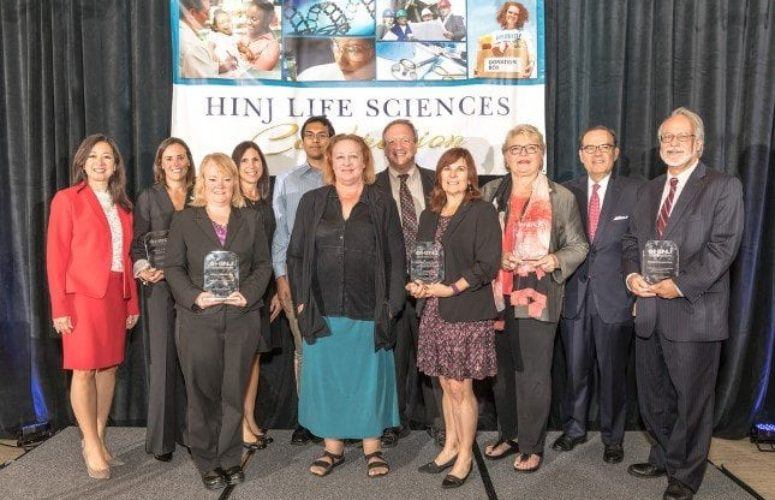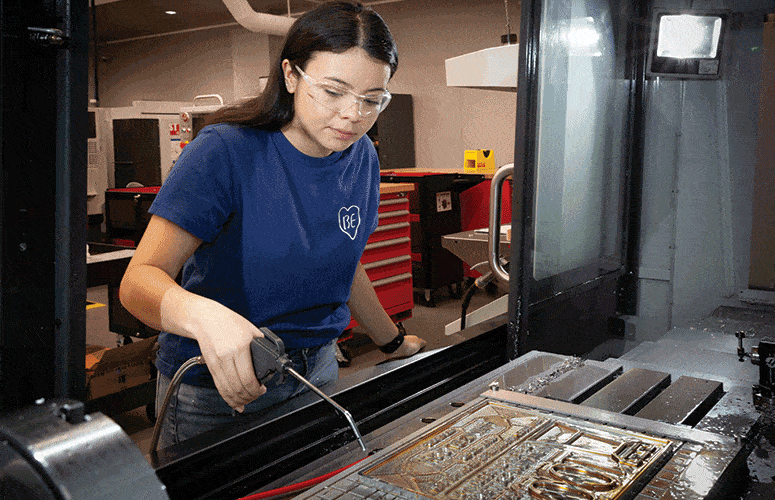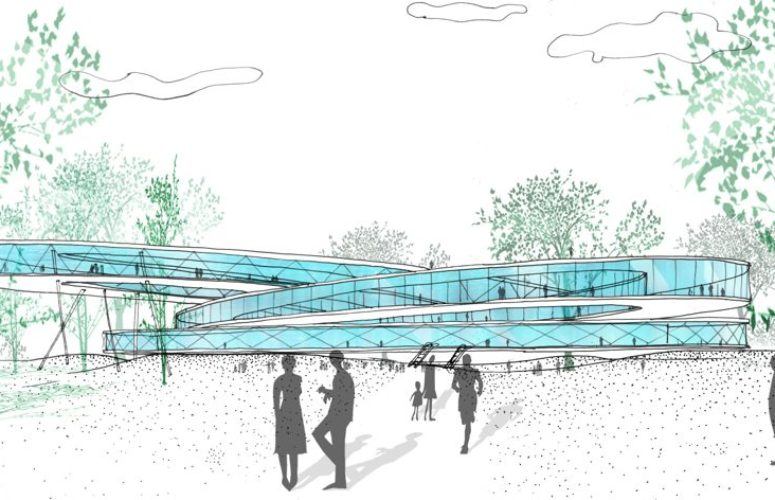
Six Honored at HINJ Life Sciences Celebration
By Anthony Birritteri, Editor-in-Chief On Oct 12, 2017The Healthcare Institute of New Jersey (HINJ) this morning honored four people, a nonprofit patient advocacy organization, and a public high school at the organization’s fifth annual Life Sciences Celebration. Held at the historic Trenton Masonic Temple, the honorees were recognized for their meritorious contributions in public service, medical innovation/human health, patient access/advocacy and STEM education.
The honorees are:
- The Honorable Bob Franks Public Service Award: The Honorable Diane Allen, member, New Jersey Senate (Burlington)
- Research: Elfrida R. Benjamin, Ph.D., senior director, translational sciences, Amicus Therapeutics, Inc.
- Research: Robert G. Nagele, Ph.D., professor, Department of Geriatrics & Gerontology, adjunct professor, Department of Cell Biology, Rowan University School of Osteopathic Medicine
- Patient Advocacy: Susan G. Komen North Jersey
- STEM Education: Middlesex County Academy for Allied Health and Biomedical Sciences
- Special Recognition: Robert S. Prezant, Ph.D., former Dean of the College of Science and Mathematics, Montclair State University and founder, PharmFest
According to HINJ Chairperson Yin Becker, the event has three goals: “The first is to thank our partners and supporters and stakeholders, including HINJ member companies and their employees, for their commitment and contribution to the life sciences. We are also here to honor those who have made significant contributions in the advancement of human health, medical innovation and patient access. Finally, we want to celebrate the New Jersey life sciences community. Additionally, we are celebrating HINJ’s 20th Anniversary. For more than two decades, HINJ has served as the voice of the state life sciences industry both here in Trenton, across the state, and in Washington, DC.
Before presenting the awards, Dean Paranicas, HINJ president and CEO, discussed the value of the life sciences industry to the state, commenting that the industry represents 20 percent of state GDP. Additionally, he said that “HINJ member companies contributed more than $640 million (in 2014) to New Jersey nonprofit organizations that enhanced healthcare, education and culture.
“We are proud of the fact that our state is, remains and will continue to be the medicine chest of the world,” he continued. “Most importantly, we celebrate New Jersey’s life sciences community’s immeasurable contributions and commitment to advancing human health. Because of the borderless marketplace we serve, what is discovered and manufactured here in the state is improving and saving lives around the world every moment of every day.”
Paranicas’ comments were underscored by the speeches made by the two recipients of the HINJ research awards.
Elfrida R. Benjamin of Amicus Therapeutics, Inc, was honored for her work in the development of pharmacological chaperones and enzyme replacement therapies for the treatment of lysosomal storage diseases such as Fabry and Pompe diseases.
She had worked at various companies for 10 years, such as Johnson & Johnson and Purdue Pharma, where she gained experience working on common chronic diseases such as Alzheimer’s, inflammatory pain and stroke. “That work was very rewarding,” Benjamin said. “But then I came to Amicus, a small biotech company at the time that focused on treating rare and devastating diseases. I had to learn about innovation in R&D all over again because R&D is very different for rare diseases.
“The people who live with the rare diseases that Amicus works on may never have walked a day in their life, they may need help breathing, or they may be facing a short life expectancy. There are not hundreds of thousands of millions of these people, in the US alone, who are in need of treatment. There may only be a few hundred or a thousand, with similar numbers in the rest of the world. These diseases are just as scientifically complex – if not more so – as the diseases that I worked on many years ago. … Before long, it became clear that R&D innovation was absolutely important in order to be able to deliver meaningful treatments for these people. I am grateful and humbled to stand here today and be recognized by HINJ.”
Robert G. Nagele, Ph.D., of Rowan University’s School of Osteopathic Medicine, was honored for his work in translational scientific research, including groundbreaking work in neurodegenerative diseases. Nagele started a rigorous research program at the former University of Medicine and Dentistry of New Jersey (UMDNJ) – School of Osteopathic Medicine (SOM) that set the stage for a research and learning environment at RowanSOM.
In 2016, Nagele and his team were globally recognized for their work in the development of a diagnostic blood test for Alzheimer’s disease, which could usher in a non-invasive way to diagnose – with a single drop of blood – the disease as well as other conditions in their earliest stages.
He told the audience, “I have the best job in the world. I’m a research guy, which means I wake up every morning and think about solving problems.”
On a serious note, he said that Alzheimer’s “is a terrible disease that affects my family, my wife’s family, and probably many of your families. We have made some headway [in fighting the disease] and I am very encouraged that we will be able to beat this in the end. My work goes in two directions: the first is to figure out how the mechanics of the disease works; the second is to develop a diagnostic blood test, and the idea is to be able to diagnose Alzheimer’s years before any symptoms emerge. The purpose being that, even though there are no disease-modifying drugs available on the market yet, the hope is that one will come soon, and when one does, we will be ready for it. We will be able to find people with Alzheimer’s 10 years or 12 years before they would otherwise show symptoms. The reason why you want to do that is because you want to be able to treat them before too much brain devastation has set in.”
Related Articles:





